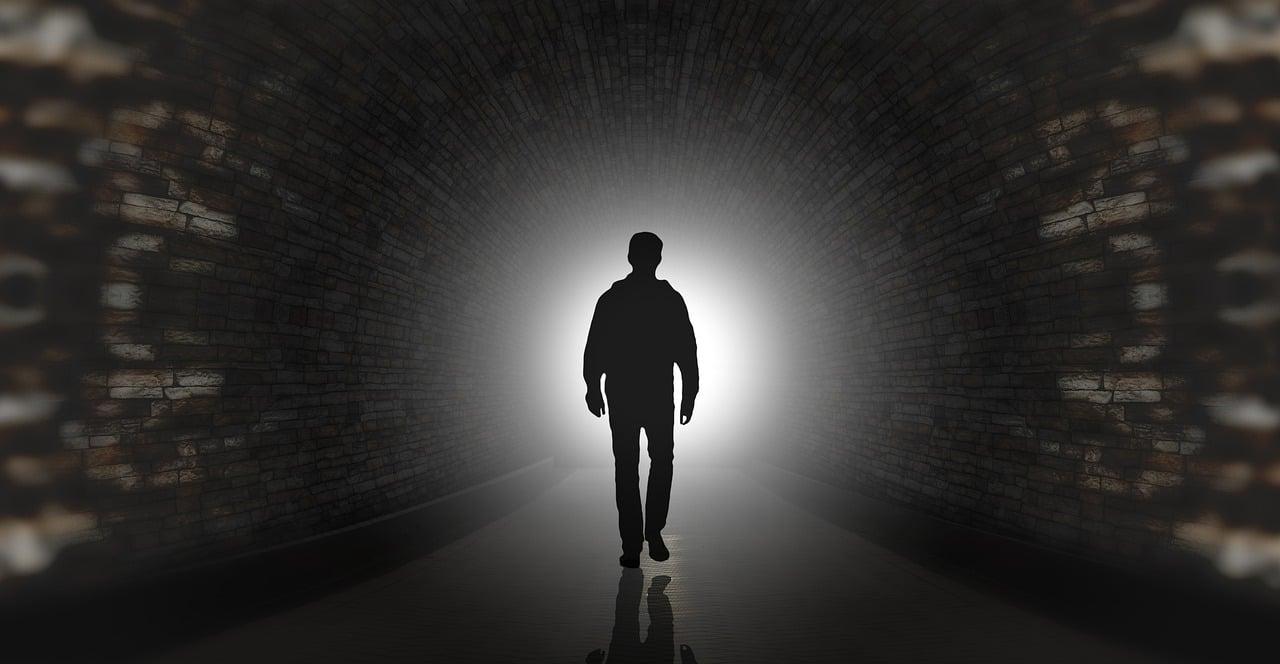By Nikolina Koulouri,
In today’s world, conspiracy theories are widespread and easily accessible, thanks to the internet and social media. These theories range from ancient legends to modern-day mysteries and often question established narratives. They thrive on skepticism and curiosity, prompting individuals to seek out hidden truths and challenge official explanations. From ancient times to the digital age, such theories have captured the imagination of individuals and societies, leaving a profound impact on how we perceive reality and interact with the world around us. But what drives people to embrace conspiracy theories? Are they a symptom of societal distrust or a testament to human imagination and critical thinking? As we explore this phenomenon, I will give you food for thought by examining the motivations behind conspiracy beliefs and their impact on society.

As for the historical background, the roots of conspiracy theories can be traced back to ancient civilizations, where tales of secret societies, clandestine plots, and hidden agendas permeated cultural narratives. For instance, during the Middle Ages, fears of witchcraft and demonic pacts led to widespread paranoia and accusations of conspiracies against the church and state.
The modern era, in which we live in, saw the rise of conspiracy theories alongside advancements in technology and communication. The press enabled the widespread dissemination of alternative viewpoints, while the industrial revolution fueled anxieties about rapid societal changes. The 20th century witnessed the emergence of conspiracy theories surrounding significant events such as the assassination of President John F. Kennedy, the moon landing, and the September 11 attacks, each fueled by a combination of distrust in authority, misinformation, and speculation.
At their core, conspiracy theories are narratives that seek to explain complex events or phenomena through the lens of hidden agendas, manipulation, or deceit. They often involve the attribution of malevolent intent to powerful institutions or individuals, casting them as orchestrators of events for their own benefit.
Common characteristics of conspiracy theories include, firstly, lack of evidence. Conspiracy theories often rely on anecdotal evidence, circumstantial connections, and selective interpretation of facts to support their claims, rather than empirical evidence or rigorous analysis. Also, proponents of conspiracy theories frequently point to coincidences or anomalies as evidence of a larger conspiracy, ignoring the possibility of random chance or unintended consequences.
I shall also mention that individuals who are related to the spread of conspiracy theories often seek out information that confirms their beliefs while dismissing or ignoring contradictory evidence, deepening their conviction. Lastly, over time, conspiracy theories may evolve and become increasingly elaborate, incorporating new elements and subplots as proponents attempt to reconcile inconsistencies or gaps in the narrative.

After this brief review on such a deep matter, it is time to provide you all with some examples, coming from our daily lives and various events that prove all of the above. A flaming issue, discussed everyday in the media, is climate change. Certain individuals and interest groups reject the overwhelming scientific consensus on climate change, attributing it to a hoax perpetrated by governments, scientists, and environmental organizations to exert control or profit from green technologies.
But let’s not go back in time! The global COVID-19 pandemic has been accompanied by a surge in misinformation and conspiracy theories, ranging from claims that the virus is a bioweapon engineered in a laboratory to theories about its origins and spread being deliberately orchestrated for political or economic gain.
The proliferation of conspiracy theories can have significant consequences for our society, influencing public discourse, political polarization, and trust in institutions. By fostering distrust and skepticism, conspiracy theories can erode social cohesion, undermine democratic values, and impede efforts to address pressing challenges such as climate change and public health crises. Moreover, the spread of misinformation and disinformation associated with conspiracy theories can contribute to social unrest, violence, and the erosion of trust in traditional sources of authority and expertise.
Conspiracy theories have been a perennial feature of human society, reflecting our innate propensity to seek patterns and meaning in the chaotic tapestry of existence. While some theories may be rooted in legitimate concerns or unanswered questions, many others are fueled by paranoia, ignorance, and mistrust. As we navigate an increasingly complex and interconnected world, it is essential to critically evaluate information, challenge unfounded beliefs, and cultivate a healthy skepticism that is grounded in reason and evidence. Only by doing so can we resist the allure of conspiratorial thinking and build a more resilient and informed society.
Reference
- conspiracy theory. Britannica. Available here




